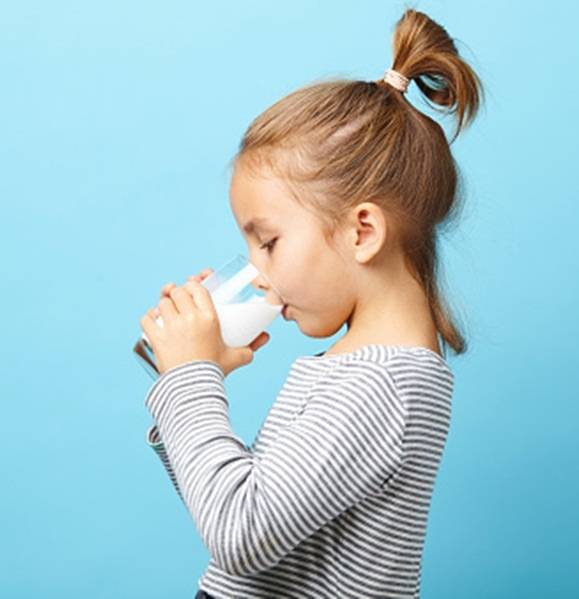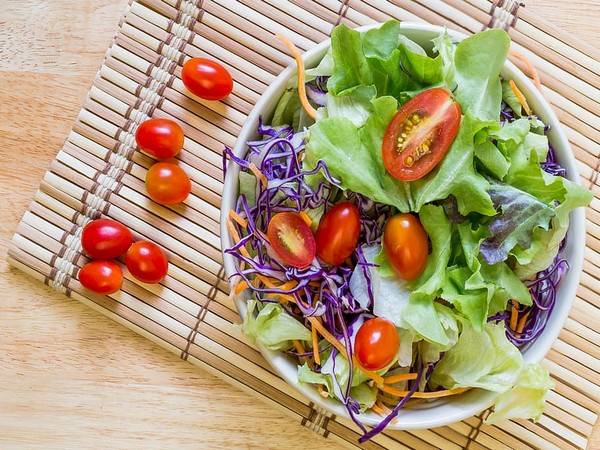Tomatoes, sweet potatoes, pumpkin, carrots, or spinach are some vegetables to include in your child’s diet…writes Puja Gupta.
Mothers are always worried about nutritional choices for kids. The right food can help you improve your memory, concentration, and brain function. The brain, like the rest of the body, absorbs nutrients from the food we eat. Therefore, it is very important for kids to consume highly nutritious food which are brain-boosters. Dietician Vidhi Chawla suggests some:
Eggs
Filling your child’s breakfast plate with a combination of carbs, protein, and a small amount of healthy fat will help him or her stay energised throughout the day. Eggs are high in protein and as an added bonus they contain choline, which aids memory.

Oily Fish
Oily fish is high in omega-3 fatty acids and beneficial for brain development and health. Omega-3 fatty acids are necessary components of the cell’s building blocks. Fish such as salmon, mackerel, fresh tuna, trout, sardines, and herring are high in omega-3 fatty acids and should be consumed once a week.
Oats/oatmeal
Oatmeal and oats are excellent sources of energy and “fuel” for the brain. They are high in fibre, which keeps kids satisfied and prevents them from snacking on junk food. They’re also high in vitamins E, B complex, and zinc, which help kids’ brains function at their best. Use any topping, such as apples, bananas, blueberries, or even almonds over it.
Colourful veggies
Coloured vegetables are rich in anti-oxidants, which help to keep brain cells healthy. Tomatoes, sweet potatoes, pumpkin, carrots, or spinach are some vegetables to include in your child’s diet. It’s simple to incorporate vegetables into spaghetti sauces or soups.

Milk, yogurt and cheese
Milk, yoghurt, and cheese are high in protein and B vitamins, which are necessary for the growth of brain tissue, neurotransmitters, and enzymes, all of which play important roles in the brain. These foods are also high in calcium, which is necessary for the development of strong and healthy teeth and bones. Children’s calcium requirements vary depending on their age, but two to three calcium-rich sources should be consumed each day. Don’t worry if your child doesn’t like milk; there are other ways to include dairy in his or her diet: When making porridge, puddings, or pancakes, use milk instead of water.
Beans
Beans are a great source of protein and vitamins and minerals for your children. Kidney and pinto beans contain Omega 3 more than any other beans. Sprinkle mixed beans on salad, mash them and spread them on pita pockets, or combine them with shredded lettuce and cheese to make the perfect sandwich filler.
ALSO READ-Magic foods to relieve stress
READ MORE-Always prefer a nutritious meal

Leave a Reply